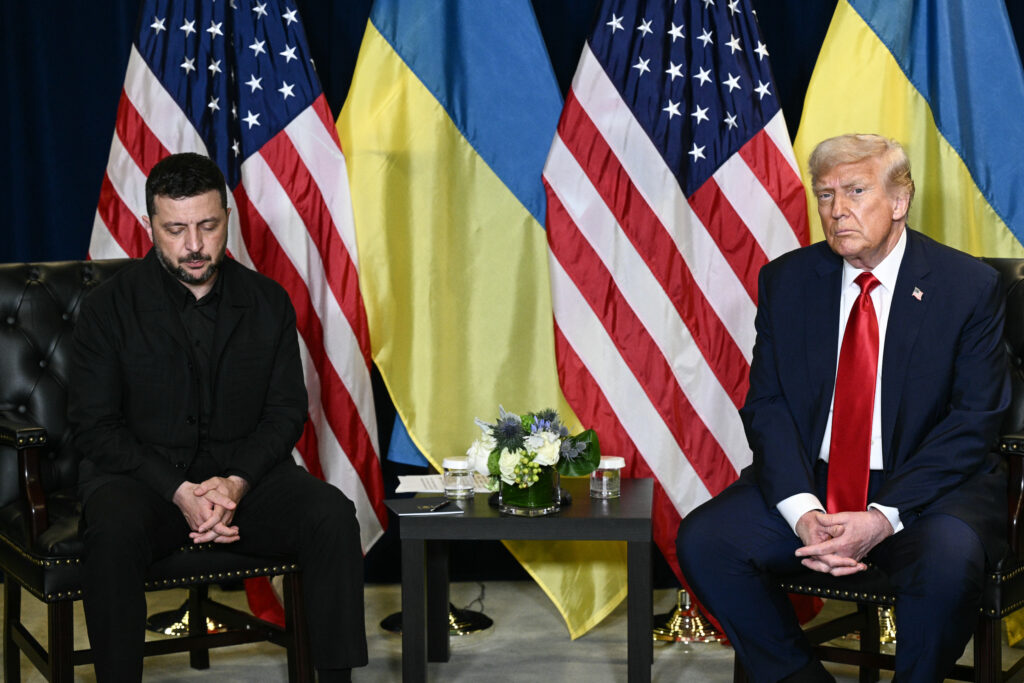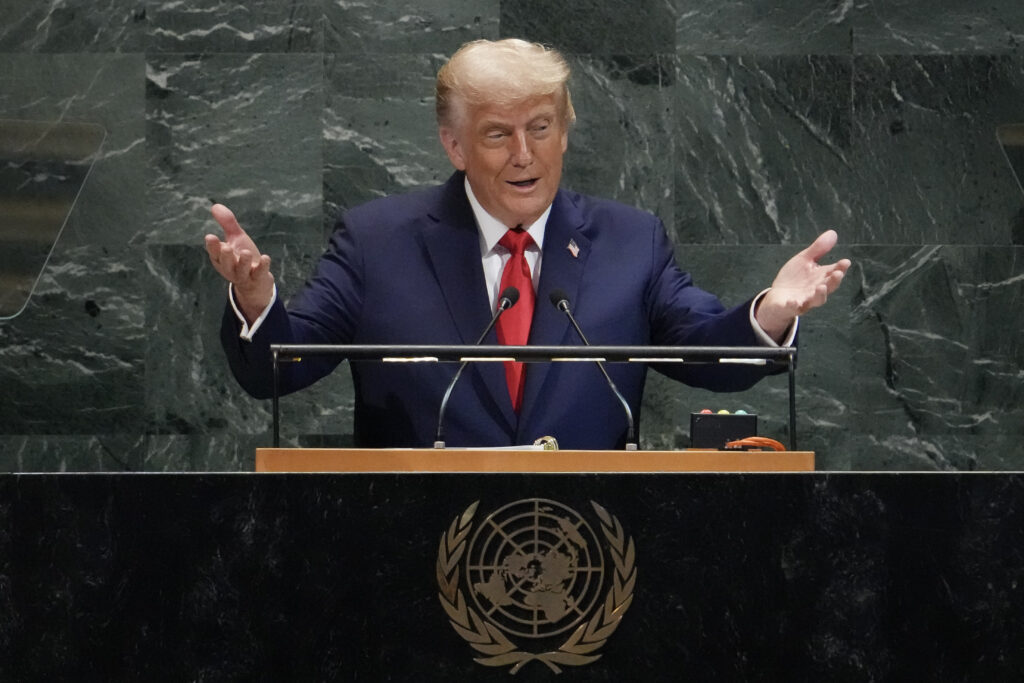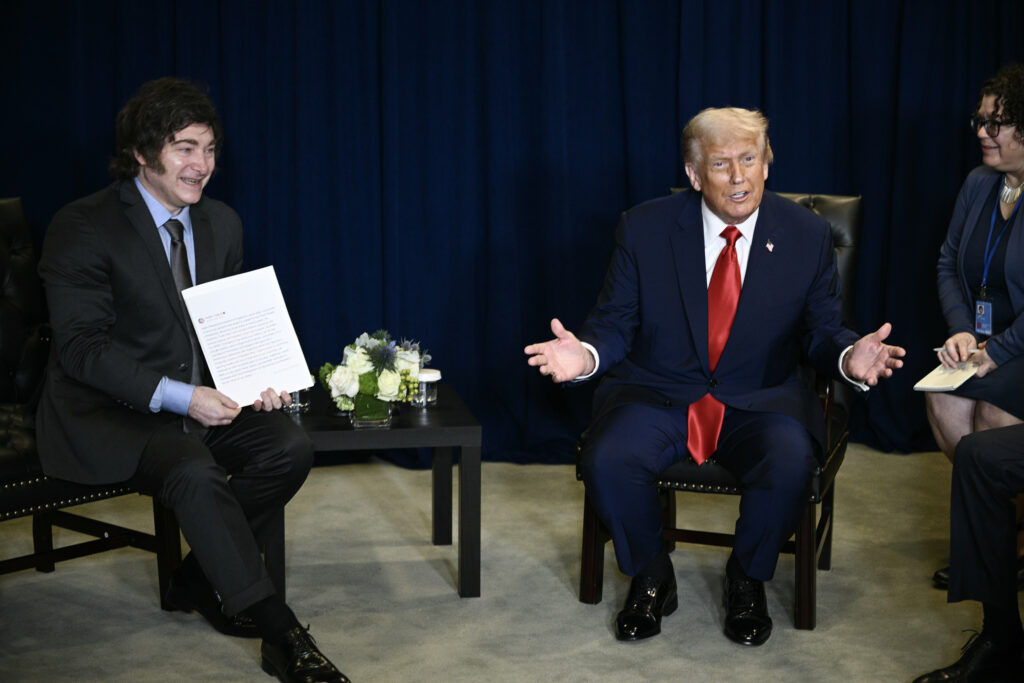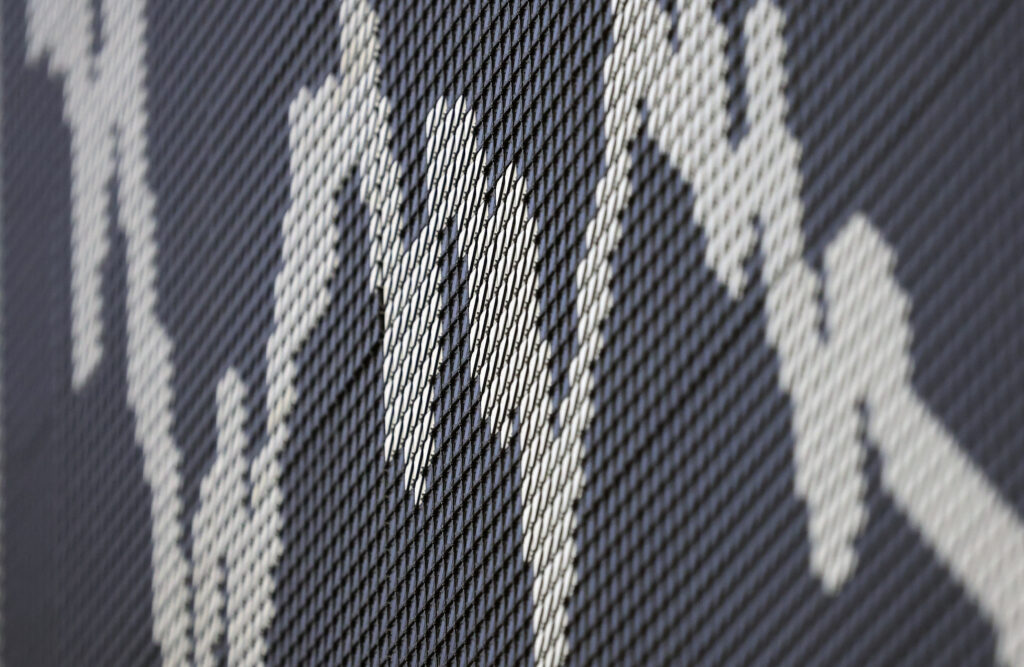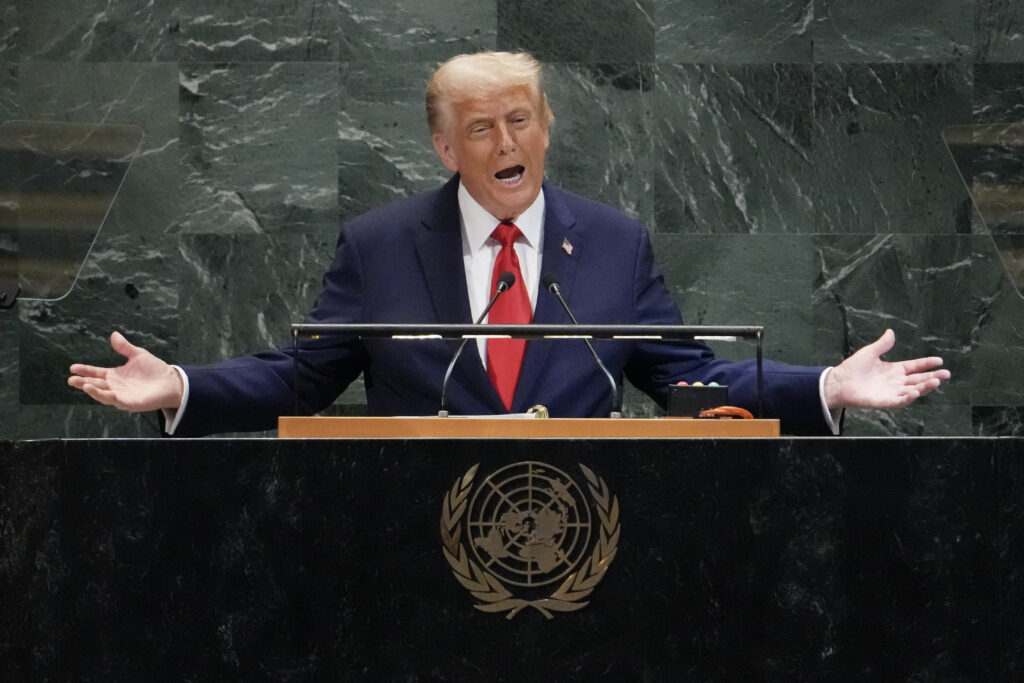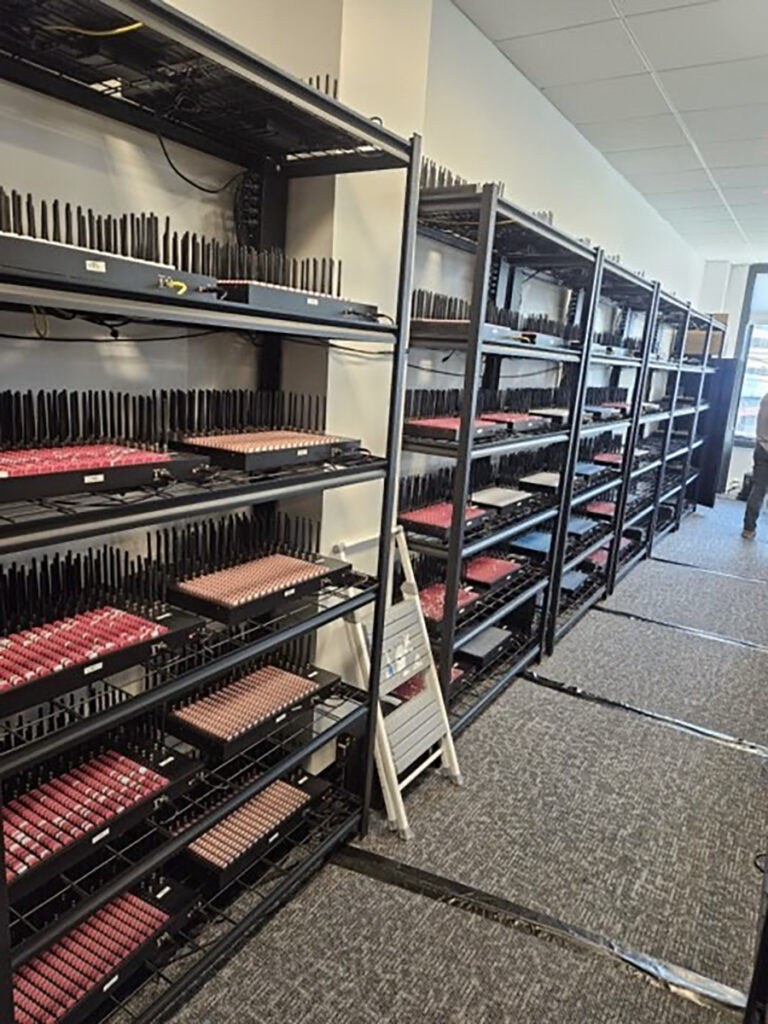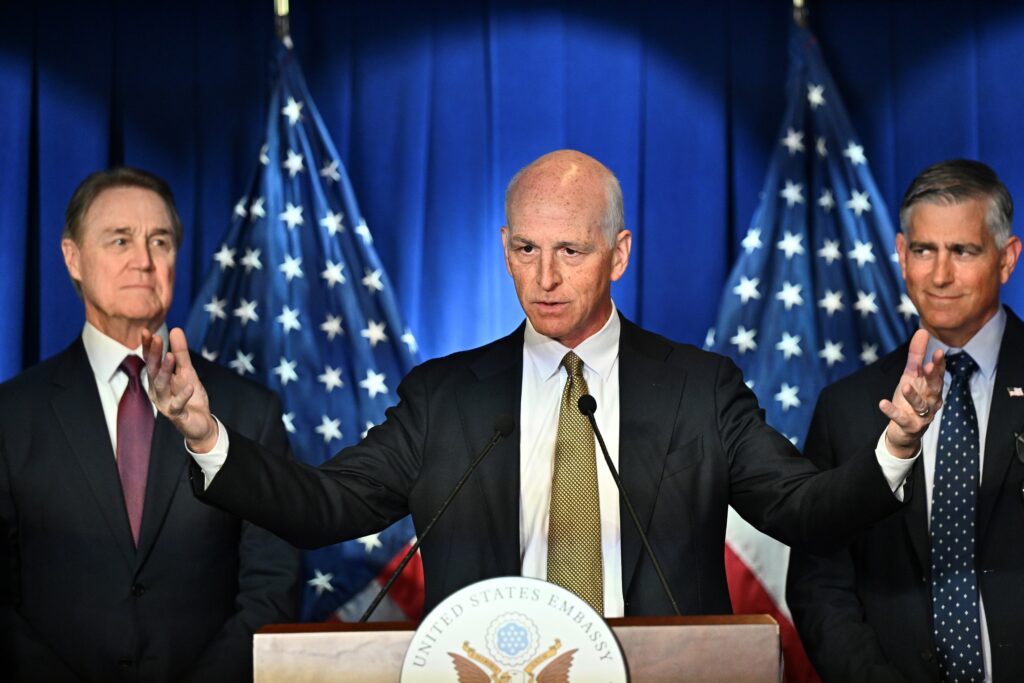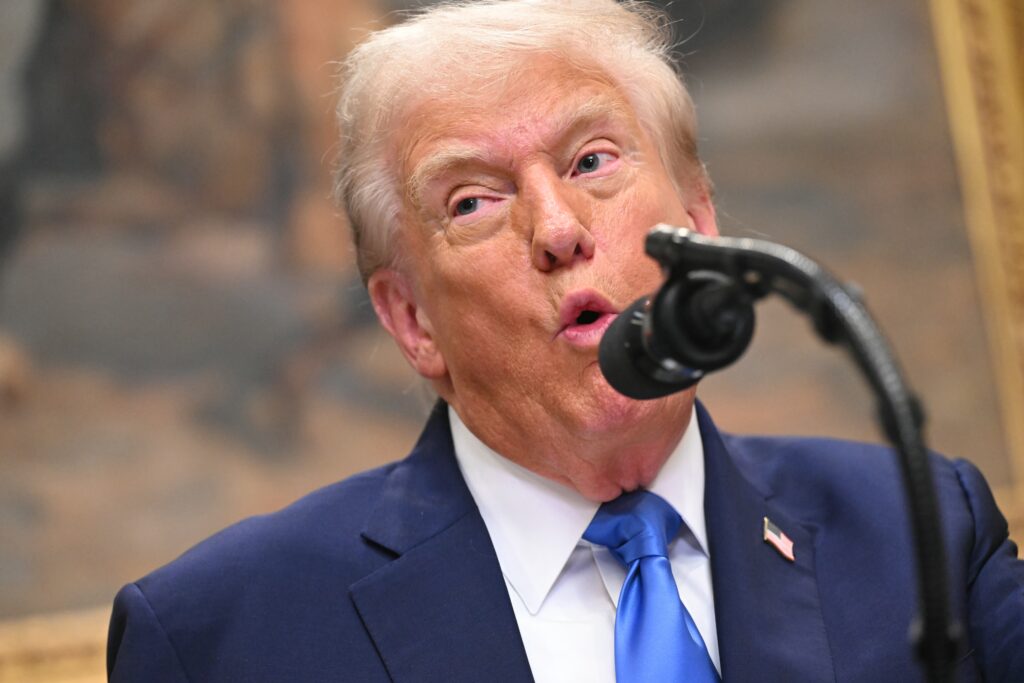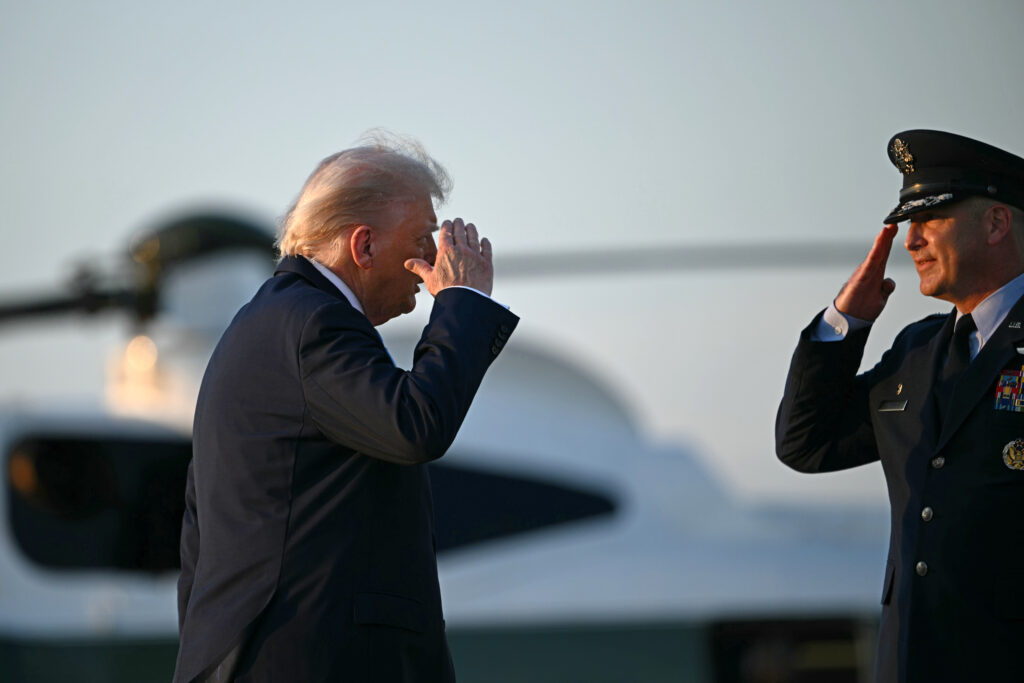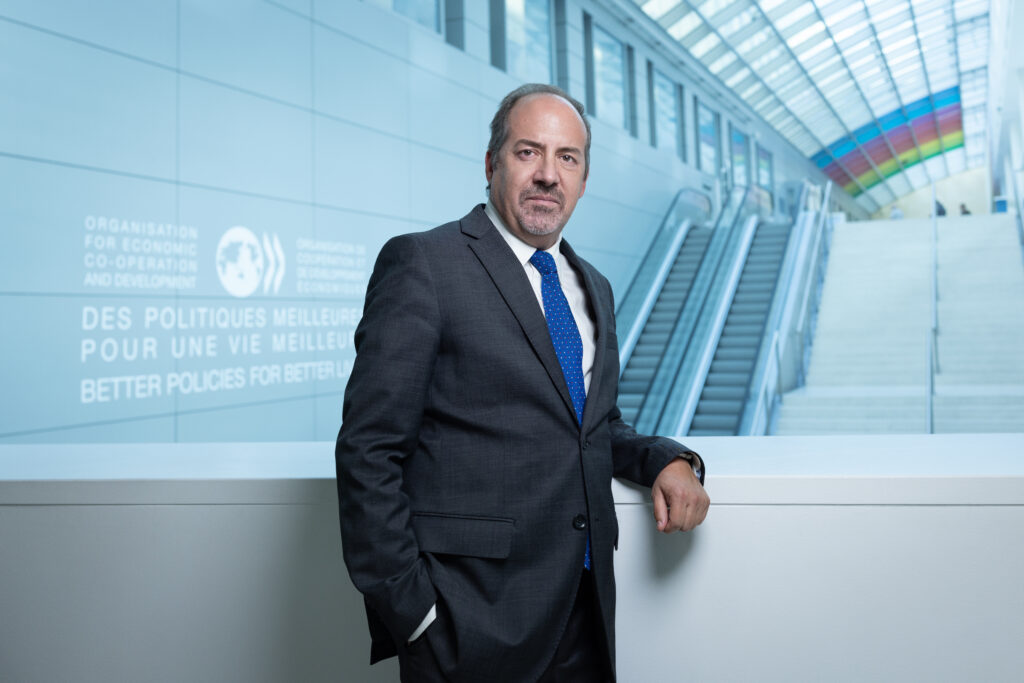Trump says Kyiv can win back ‘all of Ukraine’ in major shift
US President Donald Trump said Tuesday that Ukraine could win back all of its territory from Russia — and even go further — in a major pivot after meeting President Volodymyr Zelensky.The astonishing turnaround came shortly after Trump also called for NATO countries to shoot down any Russian jets that violate their airspace. “I think Ukraine, with the support of the European Union, is in a position to fight and WIN all of Ukraine back in its original form,” Trump said on his Truth Social network after his talks with Zelensky.Trump also said Russia was “fighting aimlessly” after three years of war, in an apparent change of heart just over a month after he met Russian President Vladimir Putin in Alaska.The US president has previously shown lukewarm support for Zelensky, with whom he had a huge televised Oval Office bust-up in February during which he told the Ukrainian “you don’t have the cards” to win.But in his social media post on Tuesday, Trump dismissed Russia as a “paper tiger,” saying that “Putin and Russia are in BIG Economic trouble, and this is the time for Ukraine to act.””With time, patience, and the financial support of Europe and, in particular, NATO, the original Borders from where this War started, is very much an option. Why not?” Trump wrote.He added that as Russia’s economy gets worse “Ukraine would be able to take back their Country in its original form and, who knows, maybe even go further than that!”- ‘Escalation trap’ -During his meeting at with Zelensky on the margins of the UN General Assembly, Trump said he had “great respect for the fight that Ukraine is putting up. It’s pretty amazing actually.”Zelensky thanked Trump for his “personal efforts to stop this war” and echoed Trump’s call for European countries to stop buying Russian oil.And after a series of recent incursions by Russian fighter jets and drones that have rattled Washington’s NATO allies in Europe, Trump said they would be within their rights to act.”Yes I do,” Trump said when a reporter asked if NATO countries should shoot down Russian aircraft if they enter their airspace.Trump however deflected questions about whether he believed Russian leader Vladimir Putin was still a reliable negotiating partner despite Moscow’s continued attacks on Ukraine.”I’ll let you know in about a month from now, okay?” Trump said when asked if he still trusted Putin.The 79-year-old Republican has previously, and repeatedly, given deadlines of two weeks to make a decision on whether to take steps including fresh sanctions against Russia.Tensions between Russia and Europe over Ukraine have escalated with the recent spate of aerial violations. NATO scrambled jets after three Russian MiG-31 fighters on Friday breached Estonian airspace for some 12 minutes, prompting Estonia to call for a meeting of the UN Security Council and talks with NATO allies.Fellow NATO member Poland said earlier this month that Russian drones had repeatedly violated its airspace during an attack on Ukraine, in what Warsaw called an “act of aggression.”Germany reacted cautiously to Trump’s comments on shooting down Russian planes, highlighting the need to avoid an “escalation trap.””Level-headedness is not cowardice and not fear, but a responsibility towards your own country and towards peace in Europe,” German defence minister Boris Pistorius said Tuesday.EU chief Ursula von der Leyen said Tuesday she discussed Russia’s airspace violations with Trump at the UN, and agreed on the need to cut Moscow’s energy revenues.
